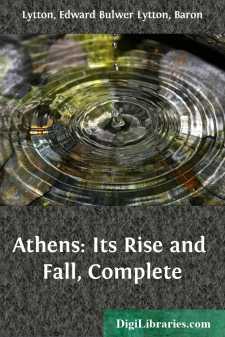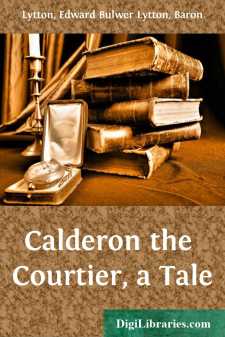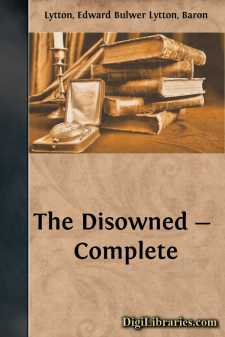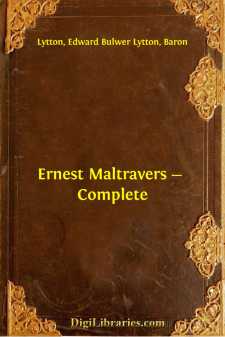Categories
- Antiques & Collectibles 13
- Architecture 36
- Art 48
- Bibles 22
- Biography & Autobiography 813
- Body, Mind & Spirit 142
- Business & Economics 28
- Children's Books 17
- Children's Fiction 14
- Computers 4
- Cooking 94
- Crafts & Hobbies 4
- Drama 346
- Education 46
- Family & Relationships 57
- Fiction 11829
- Games 19
- Gardening 17
- Health & Fitness 34
- History 1377
- House & Home 1
- Humor 147
- Juvenile Fiction 1873
- Juvenile Nonfiction 202
- Language Arts & Disciplines 88
- Law 16
- Literary Collections 686
- Literary Criticism 179
- Mathematics 13
- Medical 41
- Music 40
- Nature 179
- Non-Classifiable 1768
- Performing Arts 7
- Periodicals 1453
- Philosophy 64
- Photography 2
- Poetry 896
- Political Science 203
- Psychology 42
- Reference 154
- Religion 513
- Science 126
- Self-Help 84
- Social Science 81
- Sports & Recreation 34
- Study Aids 3
- Technology & Engineering 59
- Transportation 23
- Travel 463
- True Crime 29
Sort by:
CHAPTER I. QUALIS ubi in lucem coluber . . . Mala gramina pastus.*—VIRGIL. Pars minima est ipsa puella sui.**—OVID. * "As when a snake glides into light, having fed on pernicious pastures." ** "The girl is the least part of himself." IT would be superfluous, and, perhaps, a sickening task, to detail at length the mode and manner in which Vargrave coiled his snares round the...
more...
CHAPTER I. His teeth he still did grind, And grimly gnash, threatening revenge in vain.—SPENSER. IT is now time to return to Lord Vargrave. His most sanguine hopes were realized; all things seemed to prosper. The hand of Evelyn Cameron was pledged to him, the wedding-day was fixed. In less than a week she was to confer upon the ruined peer a splendid dowry, that would...
more...
CHAPTER I. Situation and Soil of Attica.—The Pelasgians its earliest Inhabitants.—Their Race and Language akin to the Grecian.—Their varying Civilization and Architectural Remains.—Cecrops.—Were the earliest Civilizers of Greece foreigners or Greeks?—The Foundation of Athens.—The Improvements attributed to Cecrops.—The Religion of the Greeks cannot be reduced to a simple System.—Its...
more...
CHAPTER I. THE ANTE-CHAMBER. The Tragi-Comedy of Court Intrigue, which had ever found its principal theatre in Spain since the accession of the House of Austria to the throne, was represented with singular complication of incident and brilliancy of performance during the reign of Philip the Third. That monarch, weak, indolent, and superstitious, left the reins of government in the hands of the Duke of...
more...
CHAPTER I. "Sir—sir, it is a boy!" "A boy," said my father, looking up from his book, and evidently much puzzled: "what is a boy?" Now my father did not mean by that interrogatory to challenge philosophical inquiry, nor to demand of the honest but unenlightened woman who had just rushed into his study, a solution of that mystery, physiological and psychological, which has...
more...
CHAPTER I. I'll tell you a story if you please to attend. G. KNIGHT:Limbo. It was the evening of a soft, warm day in the May of 17—. The sun had already set, and the twilight was gathering slowly over the large, still masses of wood which lay on either side of one of those green lanes so peculiar to England. Here and there, the outline of the trees irregularly shrunk back from the road, leaving...
more...
BOOK I.FROM ERASMUS FALKLAND, ESQ., TO THE HON. FREDERICK MONKTON.L—-, May —, 1822. You are mistaken, my dear Monkton! Your description of the gaiety of "the season" gives me no emotion. You speak of pleasure; I remember no labour so wearisome; you enlarge upon its changes; no sameness appears to me so monotonous. Keep, then, your pity for those who require it. From the height of my...
more...
CHAPTER I. "My meaning in't, I protest, was very honest in the behalf of themaid * * * * yet, who would have suspected an ambush where I wastaken?" All's Well that Ends Well, Act iv. Sc. 3. SOME four miles distant from one of our northern manufacturing towns, in the year 18—, was a wide and desolate common; a more dreary spot it is impossible to conceive—the herbage grew up in...
more...
CHAPTER I. THE VILLAGE.—ITS INHABITANTS.—AN OLD MANORHOUSE: AND AN ENGLISHFAMILY; THEIR HISTORY, INVOLVING A MYSTERIOUS EVENT. "Protected by the divinity they adored, supported by the earth which they cultivated, and at peace with themselves, they enjoyed the sweets of life, without dreading or desiring dissolution." Numa Pompilius. In the country of—there is a sequestered hamlet, which I...
more...
When Walter left his uncle, he hurried, scarcely conscious of his steps, towards his favourite haunt by the water-side. From a child, he had singled out that scene as the witness of his early sorrows or boyish schemes; and still, the solitude of the place cherished the habit of his boyhood. Long had he, unknown to himself, nourished an attachment to his beautiful cousin; nor did he awaken to the secret...
more...











